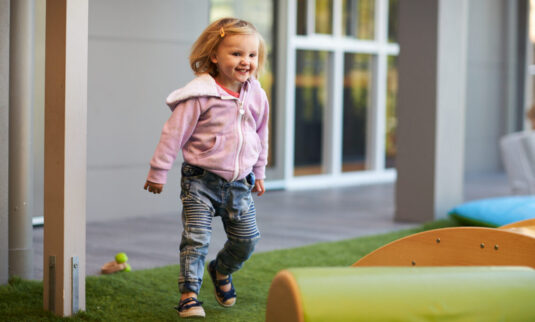What Should Your Toddler Eat In A Day?
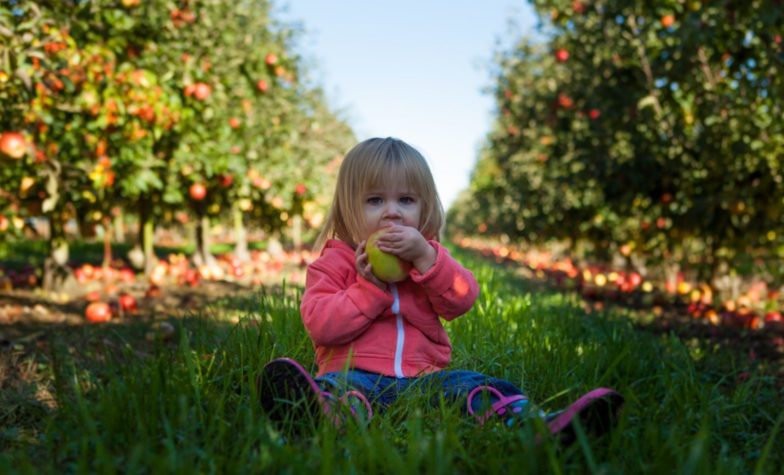
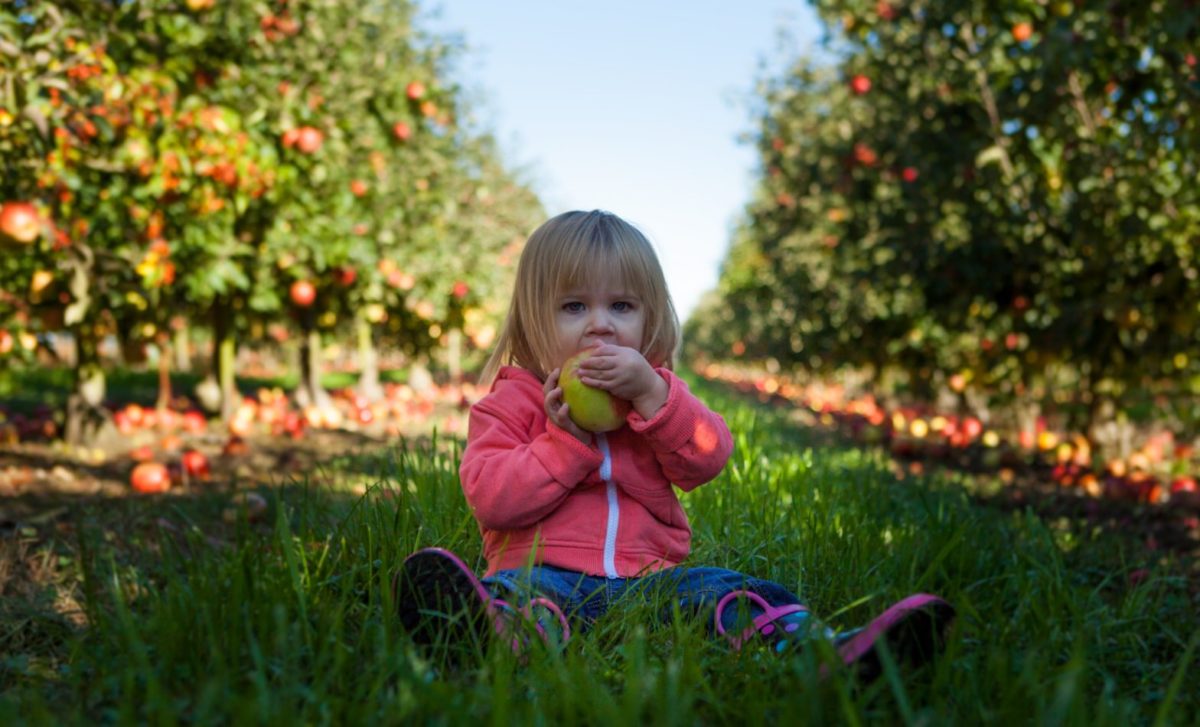
Between the age of 1 and 3 years, children are at a significant stage in their cognitive, mental and physical development. Did you know that toddlers need the same variety of nutrient-rich foods as older children and adults, just in smaller quantities? Our in-house Dietitians Anna and Alex share the recommended nutritional guidelines to optimally support your toddler’s growth and development with healthy toddler food. Remember, children are influenced by the food choices their parents’ make – so it is important to eat healthy and varied meals with your children and to be a positive role model.
How many serves of each food group?
Each day, toddlers need three main meals plus snacks from the five food groups to ensure they are eating a well-balanced diet.
Children aged 1-2 years
-
Fruit: ½ serve/day
-
Vegetables: 2 – 3 serves/day
-
Grain foods: 4 serves/day
-
Meat & alternatives: 1 serve/day
-
Dairy & alternatives: 1 ½ serves/day
Children aged 2-3 years
-
Fruit: 1 serve/day
-
Vegetables: 2 ½ serves/day
-
Grain foods: 4 serves/day
-
Meat & alternatives: 1 serve/day
-
Dairy & alternatives: 1 ½ serves/day

What does a healthy toddler food serve look like?
Vegetables
Vegetables are a really important part of a healthy toddler food diet as they are rich in vitamins, minerals and fibre. Whilst vegetables may seem an obvious component of a healthy diet, the prevalence of vegetable consumption amongst children in Australia is particularly low. It is important to encourage a child to eat a variety of vegetables every day. Some children may initially reject particular vegetables, but it is important to persevere. Remember you can serve vegetables in a variety of ways to encourage your child to eat them. Try serving vegetables raw, baked, steamed, mashed, grated and diced.
Each of the following is one serve of vegetables:
-
½ cup cooked vegetables (e.g. broccoli, spinach, beans, carrot and pumpkin)
-
1 cup raw leafy green vegetables
-
½ medium potato
-
½ cup corn
-
1 medium tomato
Fruit
Fruit is rich in a variety of vitamins, minerals, antioxidants and fibre, and is often enjoyed by toddlers due to its natural sweetness. It might be useful to think about the colours of fruit you offer your child and try to offer a rainbow of options.
Each of the following is one serve of fruit:
-
1 medium apple, banana, orange or pear
-
2 small apricots, kiwi fruits or plums
-
1 cup diced or canned fruit
-
1 ½ tablespoons sultanas
-
½ cup fruit juice (no added sugar)
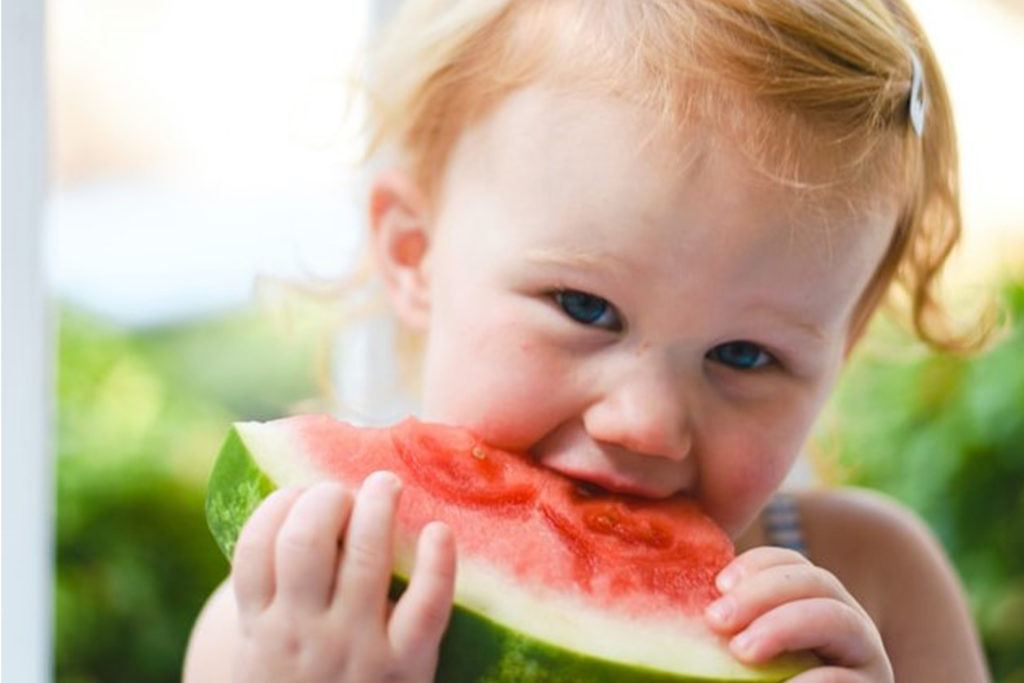
Grain Foods
Grain foods are essential for optimal energy, brain functioning and to provide fibre to support a healthy gut. Toddlers tend to love grain foods like pasta, rice and bread, so the key is to ensure they are not over consuming them – particularly as this can often mean that they won’t have room for the other parts of their healthy meal! It’s important to eat these foods alongside protein and vegetables to ensure a balanced meal. We also recommend aiming for at least 50% of the grains in your child’s diet to come from wholegrains.
Each of the following is one serve of grain foods:
-
1 slice bread
-
½ cup cooked rice, pasta, quinoa or noodles
-
½ cup cooked porridge
-
¼ cup muesli
-
1 English muffin
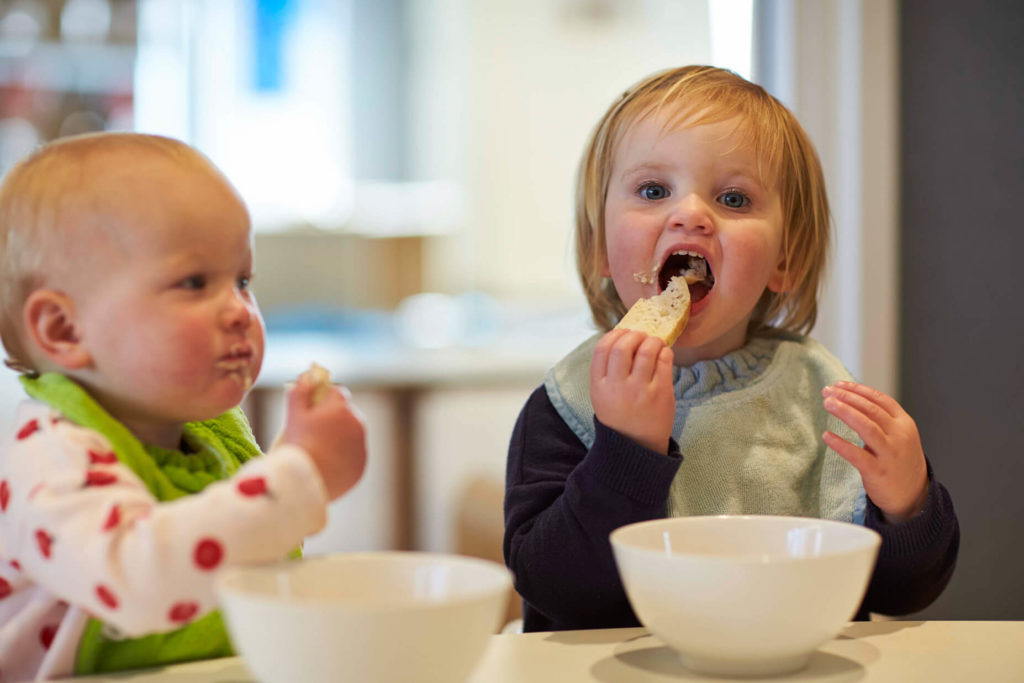
Meat & Alternatives – why are they considered a healthy toddler food?
These foods are rich in protein and iron, which is essential for a number of important functions including growth, brain development and healthy bones. In addition, oily fish (e.g. salmon, trout and mackerel) is a rich source of omega-3 fatty acids and a dietary source of vitamin D.
Each of the following is one serve of protein:
-
65g cooked beef, lamb, pork
-
80g chicken or turkey
-
100g fish
-
1 small can of fish
-
2 eggs
-
170g tofu
-
30g nuts or seeds
Dairy – A Healthy Toddler Food?
Dairy foods provide the body with easily absorbed calcium as well as vitamins A and B12, protein and other vitamins and minerals. There are a lot of unsubstantiated ‘warnings’ written about the dangers of cow’s milk and milk products. The truth, from a nutritional point of view, is that milk is a good food to include in your healthy toddler food diet. Saying that, if for whatever reason you choose not to serve your child milk, you are able to get these nutrients from other non-dairy supplements.
Each of the following is one serve of dairy:
-
1 cup milk
-
2 slices hard cheese
-
½ cup ricotta
-
¾ cup yoghurt
What to drink?
Water is the drink of choice for toddlers to ensure they are well hydrated. It is also a great option because it does not contribute to tooth decay. Active children become dehydrated more easily than adults, so it is important to ensure your toddler is well hydrated by offering them water regularly throughout the day.
Milk is also an important component of your toddler’s diet, particularly due to its rich calcium content to support strong bones. In addition to water, aim to provide your toddler with 500-600mL of cows or toddler milk per day.
Cordial, fruit drinks and smoothies are all high sugar, high calorie drinks and not recommended for small children.
Our Nutrition Program has an outstanding focus on the nutritional needs of growing bodies. It includes a 4 week rotating seasonal menu and all meals are prepared daily by our in-house campus cooks so you can be assured your toddler is receiving the vital nutrition they need to thrive.
Call us on 138 622 to learn how our high quality learning, health and wellbeing programs can give your child the best start to life.
For more great reading see Managing Screen Time and The Link Between Mood & Food.
Only About Children can help your child to grow, make friends and explore the world.
Only About Children can help your child to grow, make friends and explore the world.
Related Reads


Talking To Young Children After Traumatic Events
Discussing traumatic events with children is crucial for helping them understand and accept what's happening in their world.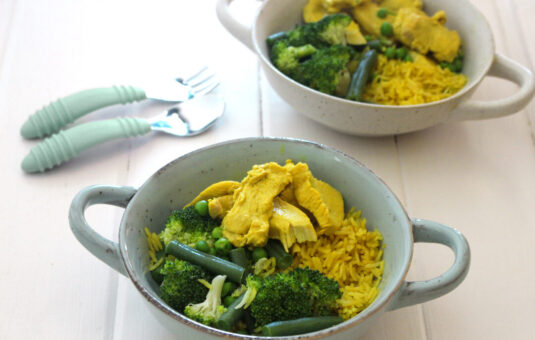
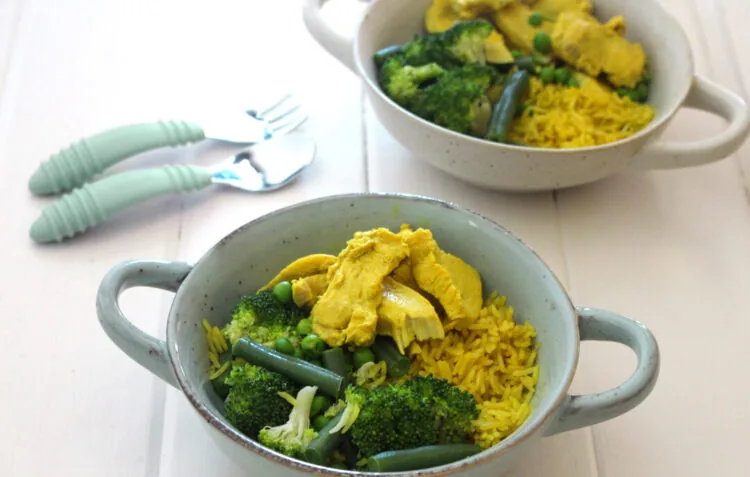
MasterChef Tommy Pham's Coconut Turmeric Chicken With Rice & Greens
MasterChef Tommy Pham has teamed up with our Dietitians Anna & Alex to create a delicious and nutritious lunch option for children to enjoy in campus - Tommy's Coconut Turmeric Chicken/Chickpea with Rice & Greens. Campus cooks will be preparing Tommy's lunch recipe as part of our delicious, rotating Autumn Menu in campuses. Sound delish? Try the recipe at home!